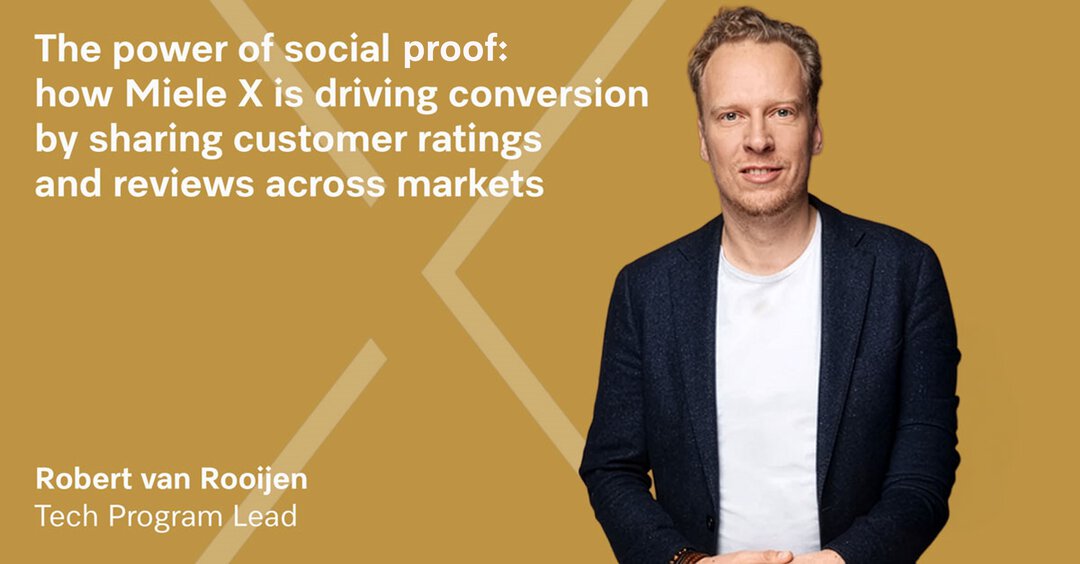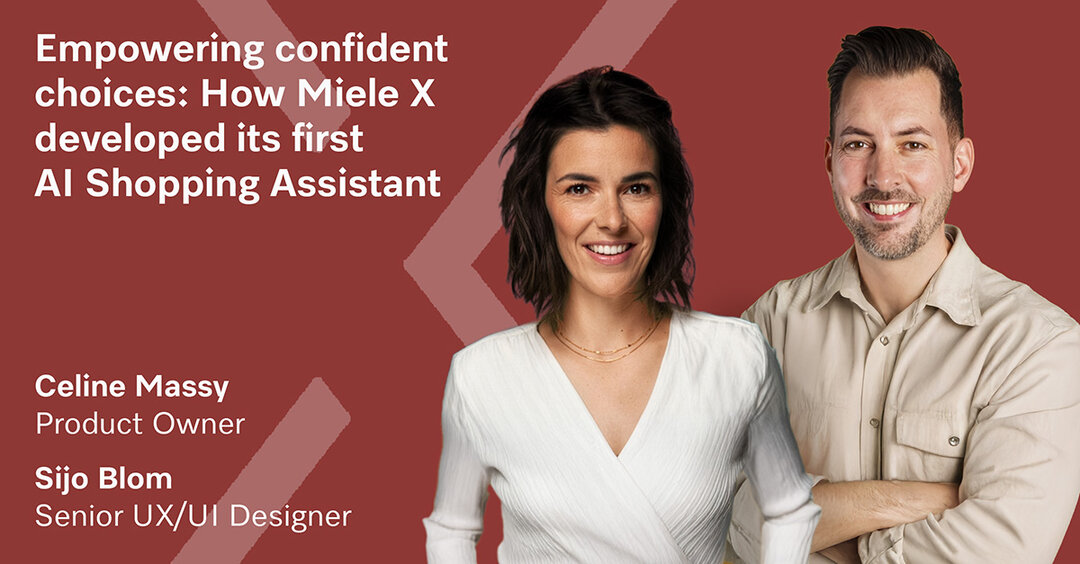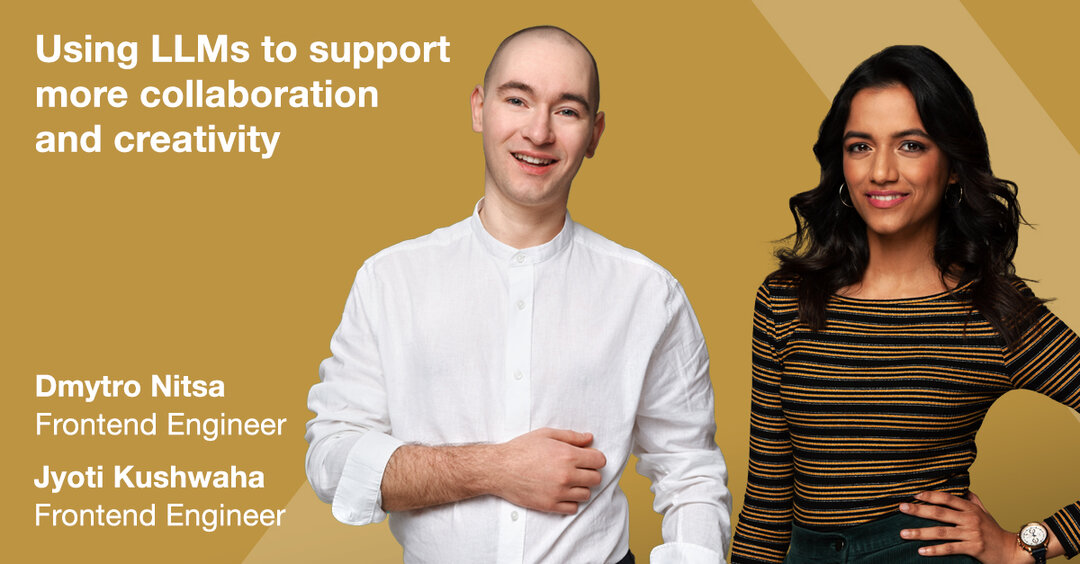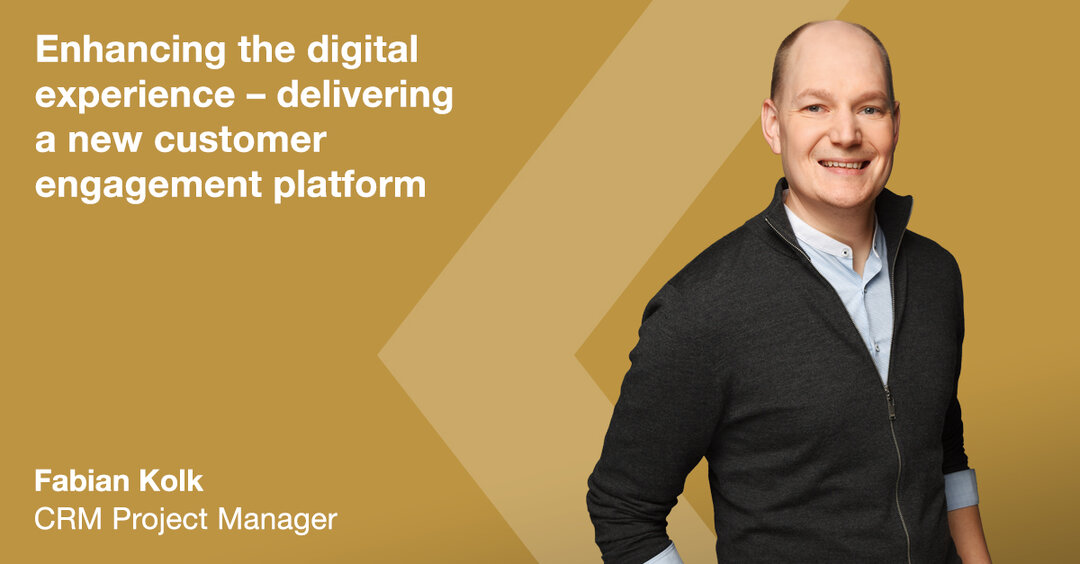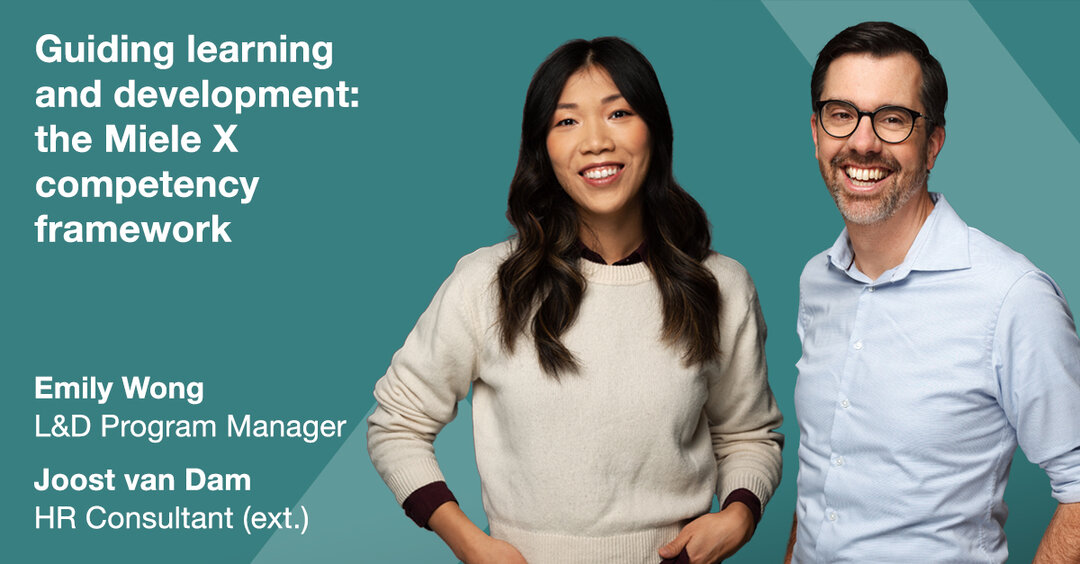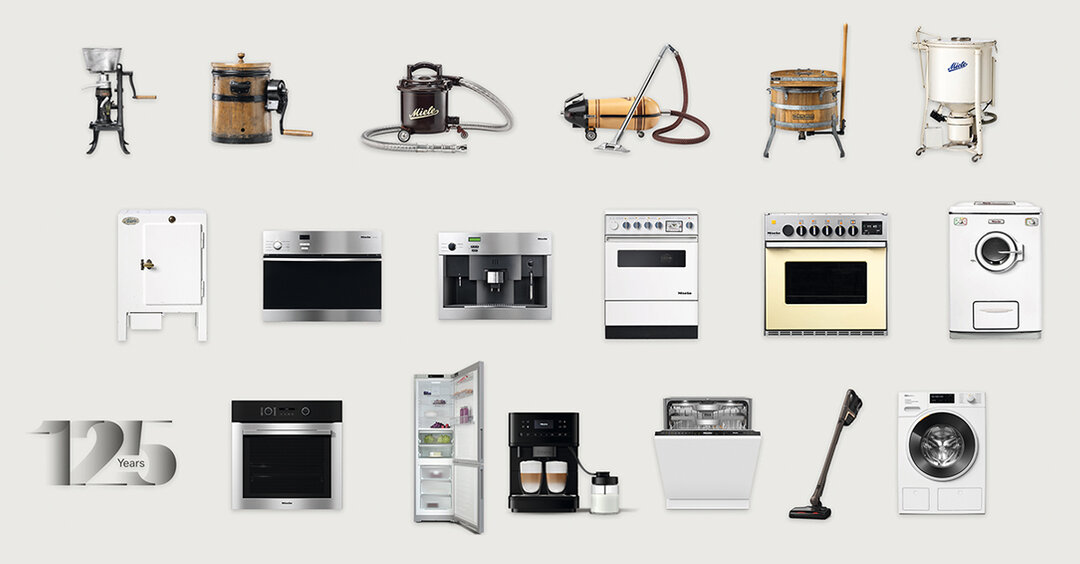Digital marketing experts at Miele X work with local marketing teams around the world to get the very best out of search advertising for both business customers and domestic consumers. Designing, developing and launching effective online campaigns, they attract and engage new customers – and generate sales. As search engines begin to harness the power of AI to generate more detailed search results, we talked to Serkan Fidanci, Search Specialist B2B, about the impact of AI on his role, the challenges he’s facing and the opportunities it is opening up. And most importantly, how his team plans to get the best out of AI.
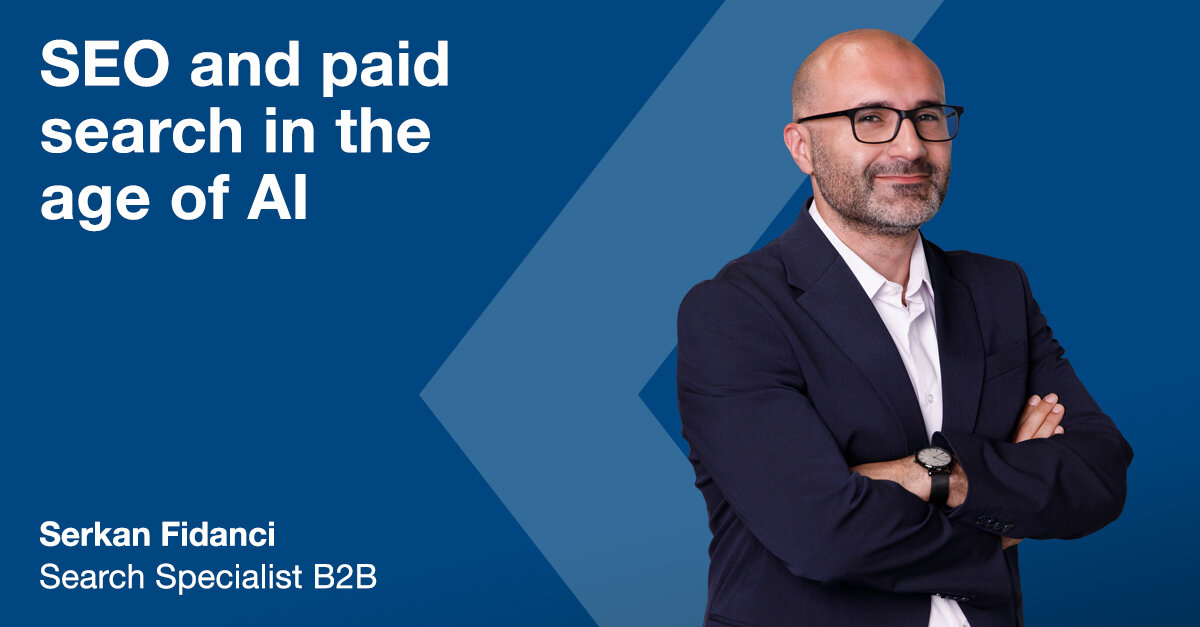
Originally from Cologne in Germany, Serkan has worked in digital marketing for around 12 years, focusing on organic and paid search. After working in Zurich, London and Cologne, in 2024, he moved to one of his favourite cities, Amsterdam, where he joined Miele X, working with Miele Professional teams across North and Western Europe.
Miele Professional is Miele's B2B division, selling commercial equipment, such as specialist dishwashers and washing machines, as well as laboratory equipment, to business customers. Serkan explains that his role is to generate more and better leads for market teams in ten European countries. “I help them to optimise their Google Ads campaigns so they can generate more revenue from their commercial appliances.”
His day-to-day work involves a lot of data analysis to see how the campaigns are performing. “I have a specific campaign budget from each of the market teams, and they trust me to look at the performance of each part of the campaign and move the budget to areas that are performing best. This data is becoming ever-more important because of the way AI is being used in search.”
The changing face of search
Serkan describes how, in the last few years, the rise of AI has created significant new challenges for both organic search through SEO, and paid search. “The way people gather information online is changing. One notable trend is the rise of Zero Click Searches, where users get their questions answered directly in the search results. With Google's increasing use of AI, for example in its Search Generative Experience, users can receive extensive answers, including images or videos, without needing to click through to a website. This challenges traditional SEO strategies as fewer users click on organic search results.”
He says that in organic search, Miele X’s experts need to better identify their target audience’s needs and provide the best answers so that Miele still stands out among the search results. In paid search, Serkan says his biggest challenge is to identify the right data to feed into the AI algorithm so it works for him. But he adds that this can be a big challenge for Miele Professional.
“In B2B, we don’t have a lot of qualitative or quantitative data to feed the AI algorithm. In some markets, you may only get 10 or 20 leads per month, so you need to be more creative and figure out how to do more with less.” He adds that this is particularly true in the European markets he works with, where GDPR means there are also ethical considerations around what data you can use.
At Miele X, he says one of the advantages they have in generating meaningful data is that they manage Google Ads campaigns for nearly 20 countries. “For example, Belgium is quite a small market, but the two main languages are French and Flemish, which is similar to Dutch. This means I can learn from the campaigns that work in France and the Netherlands and use those insights to support campaigns in Belgium.”
He also finds collaborating with Miele X B2C colleagues and the local marketing teams useful. “We share information with the Miele X B2C teams on different strategies and technologies,” he explains. “And the local market teams can give us data on the quality of the leads our campaigns generate. We may not be able to feed this data into the algorithm, but we can still use it indirectly to push the algorithm into working better for us.”
Making AI your friend
Although AI presents many challenges in paid search, Serkan says it also offers many opportunities. In Miele Professional, the outcome they want from their online ad campaigns is a request for a quote. So, teaching the AI algorithm that this is their aim helps to create more targeted campaigns and maximises the effectiveness of their budgets. “If we feed that into the algorithm, we can generate more qualified leads. So, the AI algorithm can be your friend if you make sure it knows what you want.”
He adds that new automated campaign types, such as Google’s Performance Max, will also change the role of a campaign manager, bringing more challenges in the future. “Performance Max covers all Google Ad campaign types. You can give the algorithm some boundaries, but you can’t specify if you want your ad to show up for a specific search or as a display ad, so it’s a very broad approach which can adversely affect lead quality. That’s going to be challenging in Europe because the legal implications of GDPR mean you can’t feed everything back into the algorithm.”
Still a place for human creativity
Serkan believes these challenges will mean that future paid search specialists must be more innovative and develop additional marketing skills. “You’ll need to figure out how to be GDPR compliant and feed more data back to the algorithm. And you’ll become more strategic, almost like a business analyst,” he says. He explains that his role will still focus on Google Ads, but he’ll also need to understand areas such as landing page optimisation. “Once the user is on the website, you’ll need to make sure that they find what they’re looking for and that it leads to the desired action. So, you’ll need to be more creative - that’s one of the great things about AI for me.”
He points out that he’s still learning about AI all the time, but he sees its potential for making both work and personal lives more enjoyable. “You can use AI like any tool. So, using it to do more repetitive tasks frees up time to focus on areas with a big commercial impact. And if you can make it work for you, that can give you more time for the more personal stuff, too.”
But he says, despite the continuing rise of AI, it will never take over his role completely. “AI can optimise many aspects of search marketing and digital marketing in general. If you give it the right input, it can lead to both quantitative and qualitative outputs. However, a few things are irreplaceable, such as human creativity, strategic commercial mindsets, and decision-making. So, I think the human being behind AI is becoming more important than ever.”
Blog posts
Miele's path to digital growth

Search jobs
Help to shape the digital future of one of the world’s best-loved brands.
